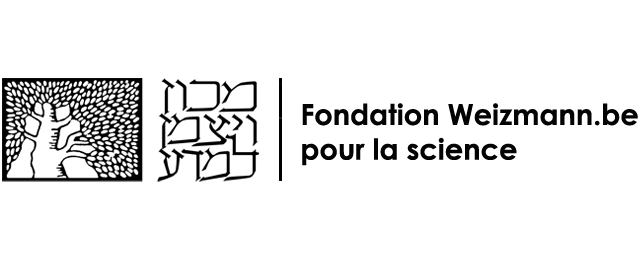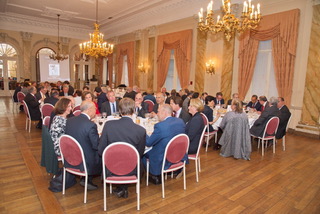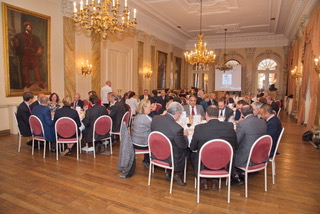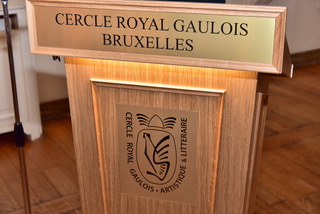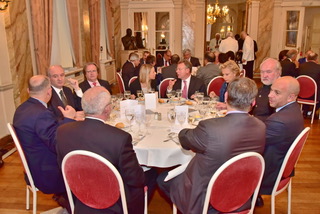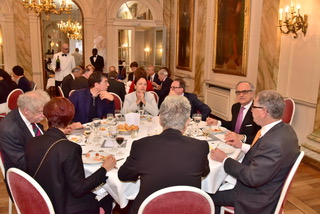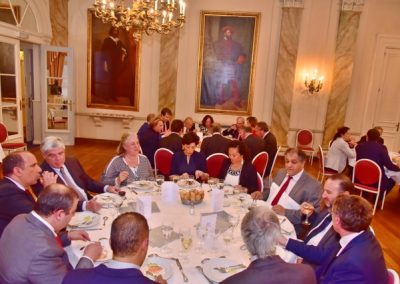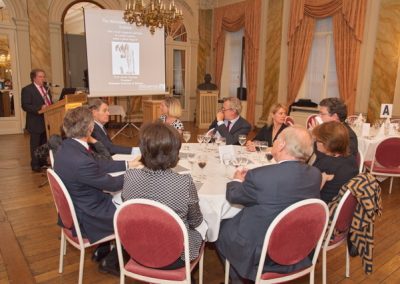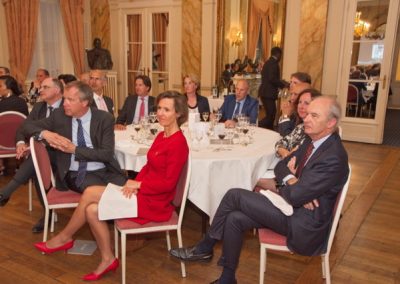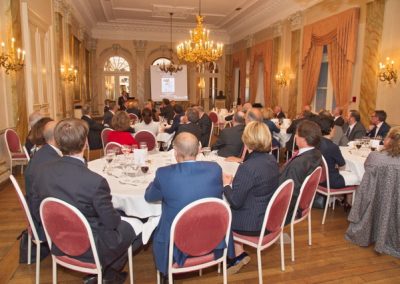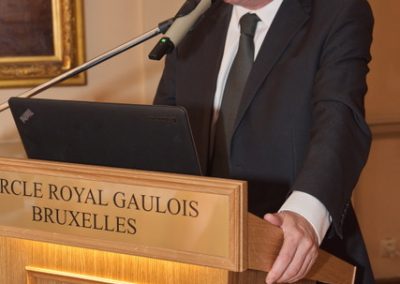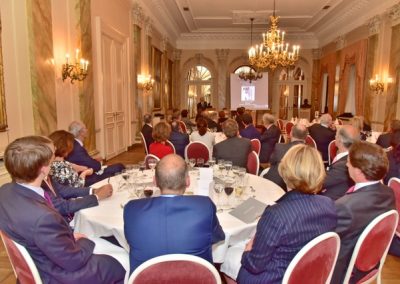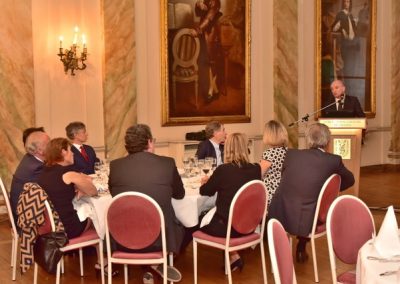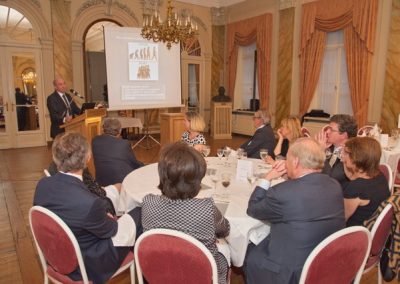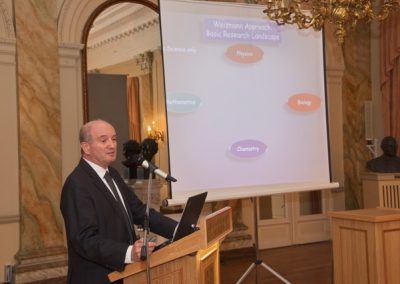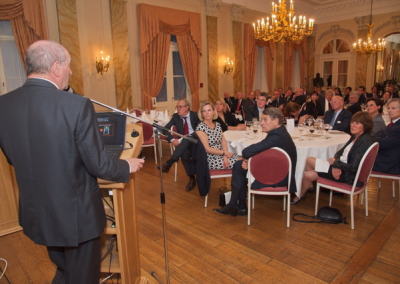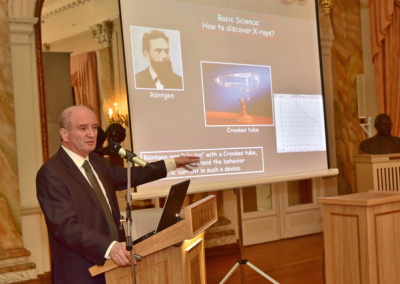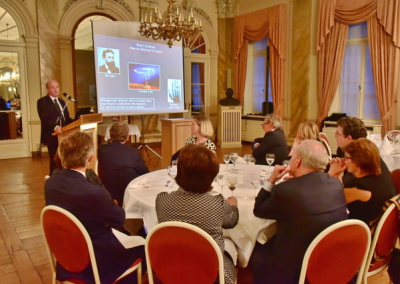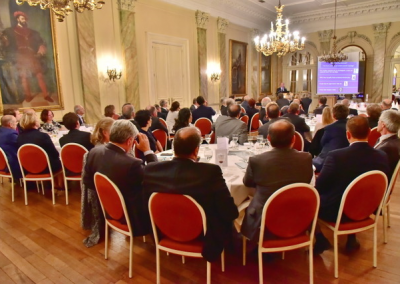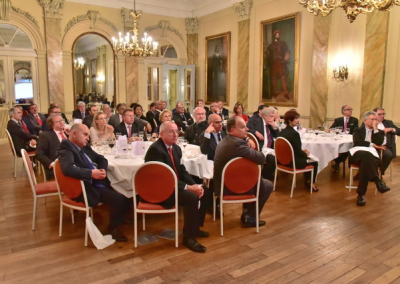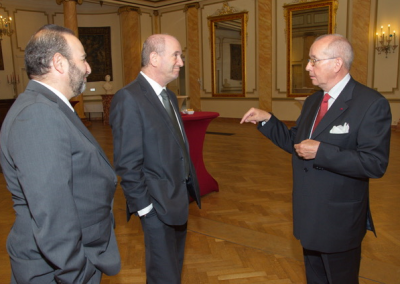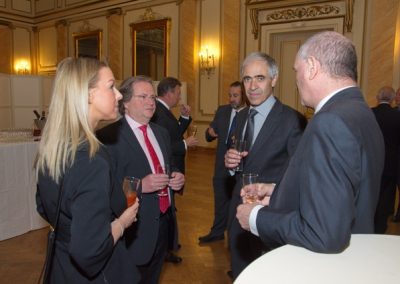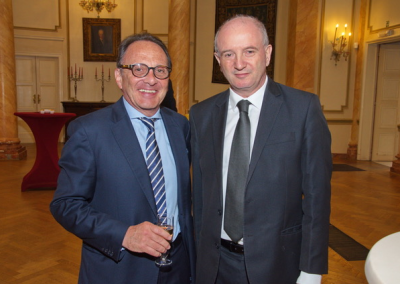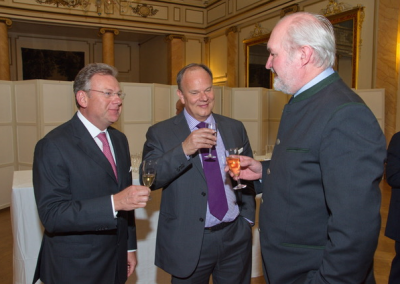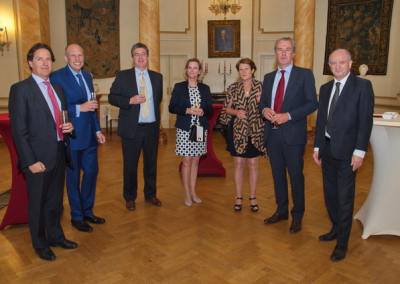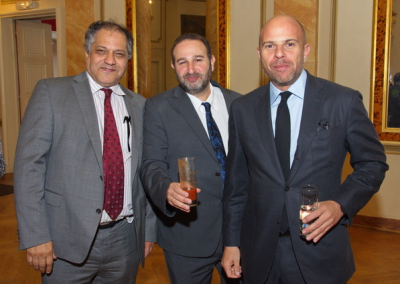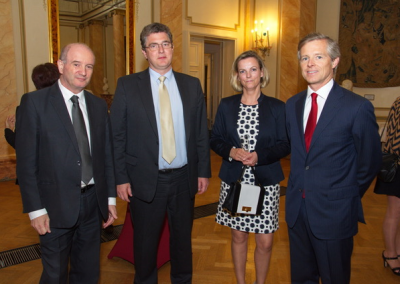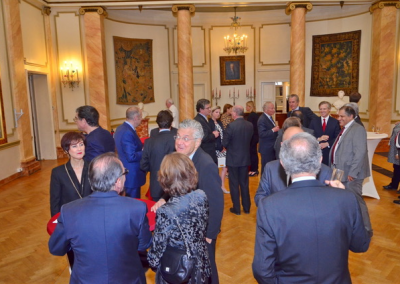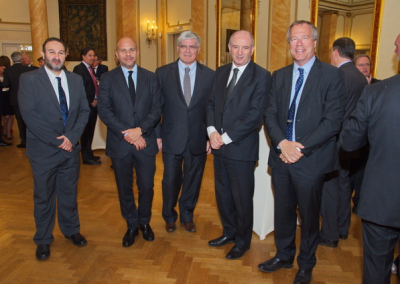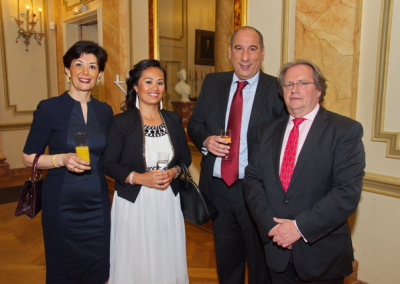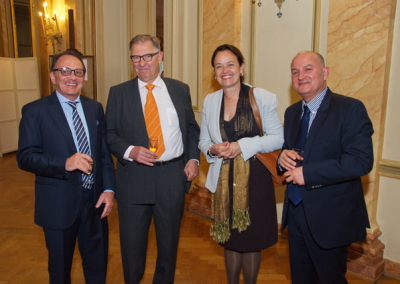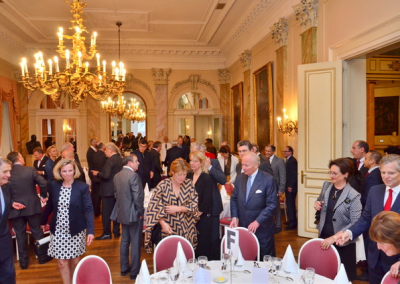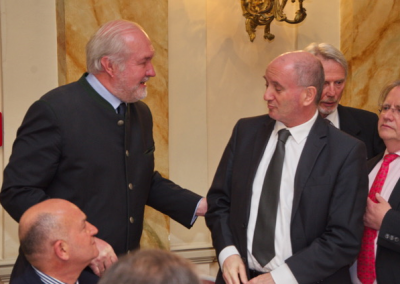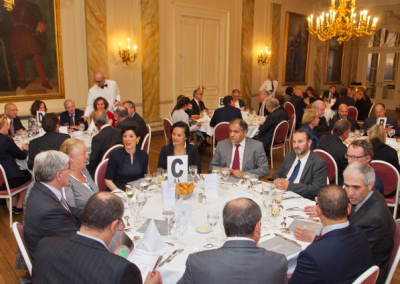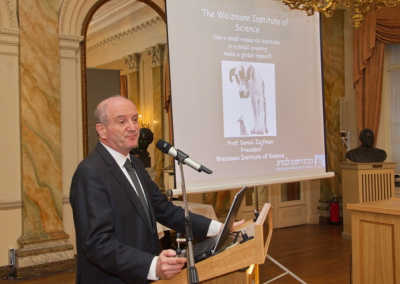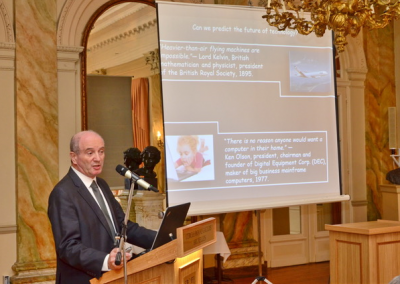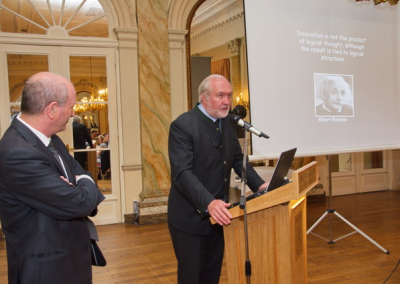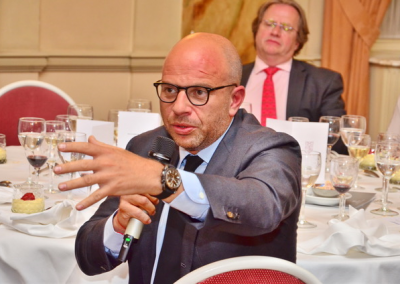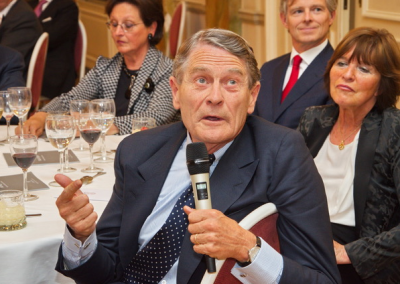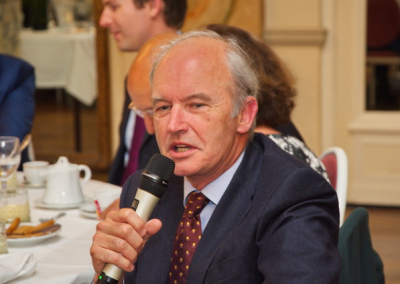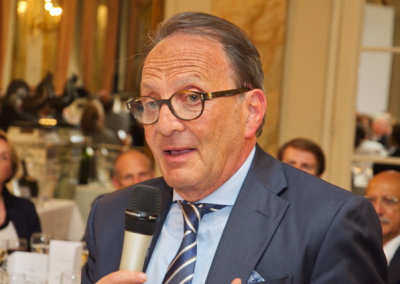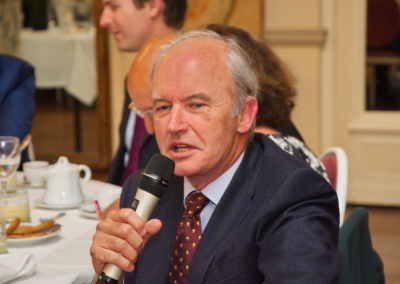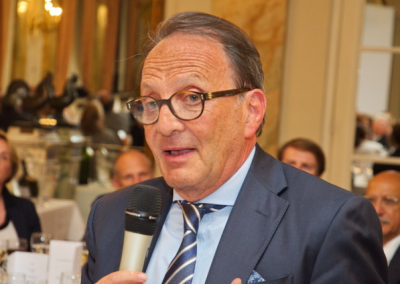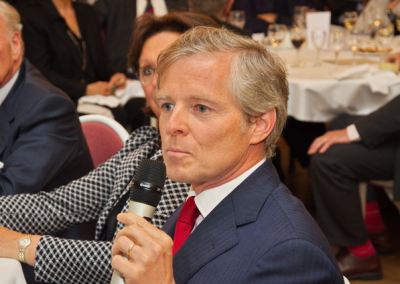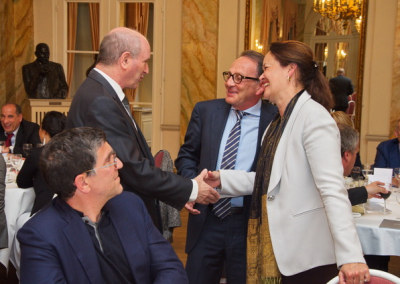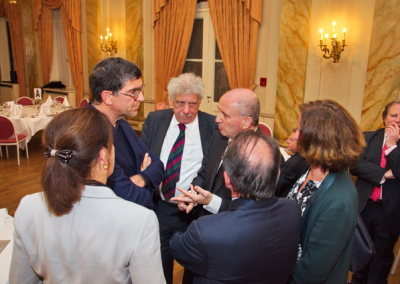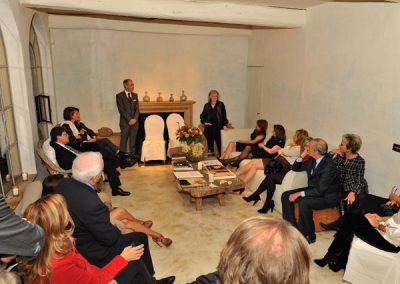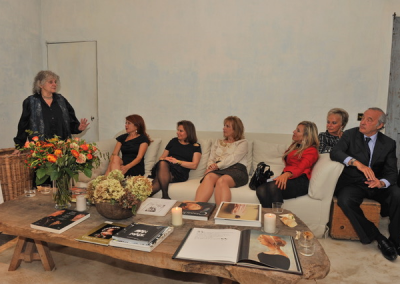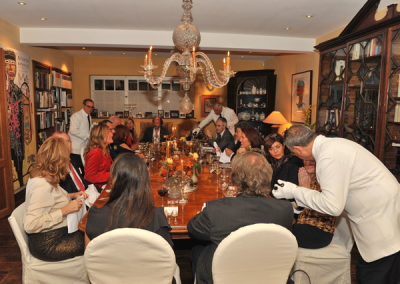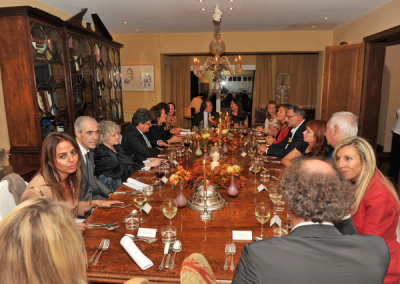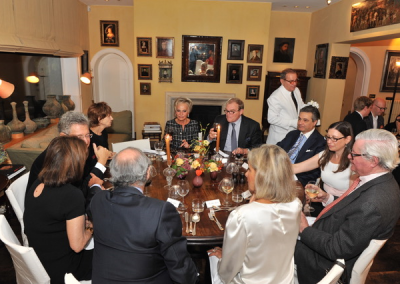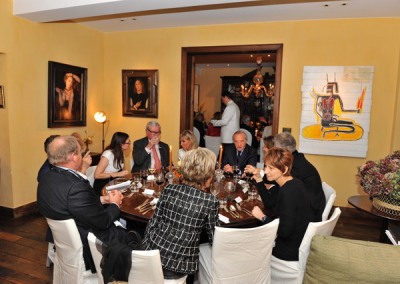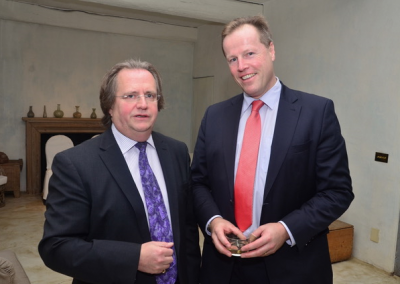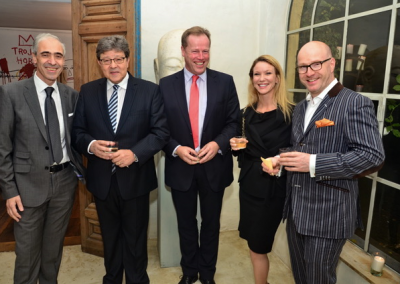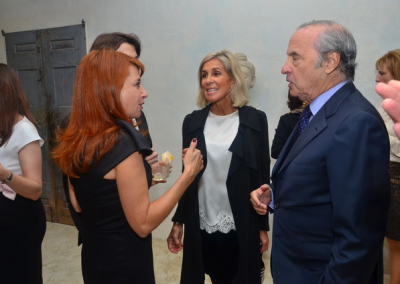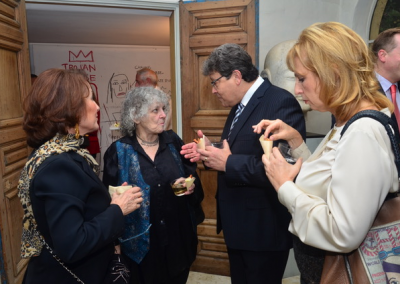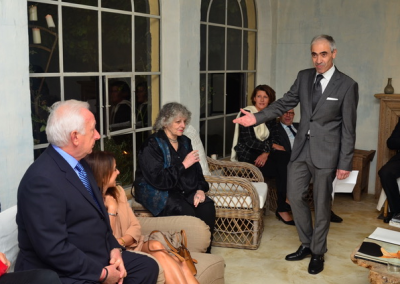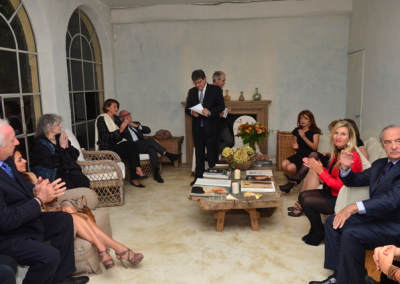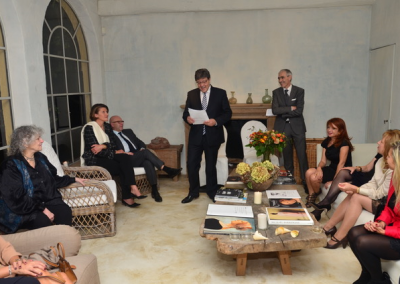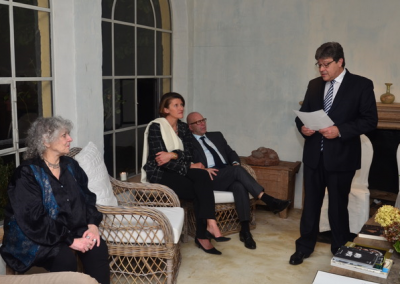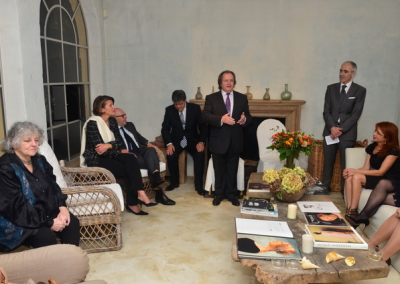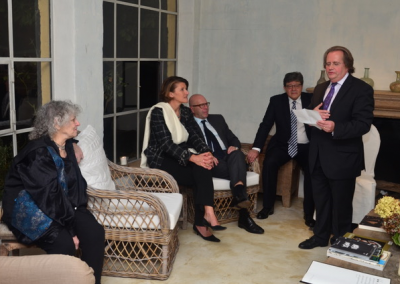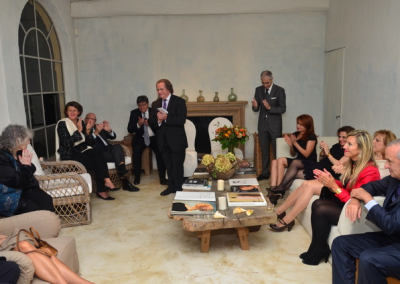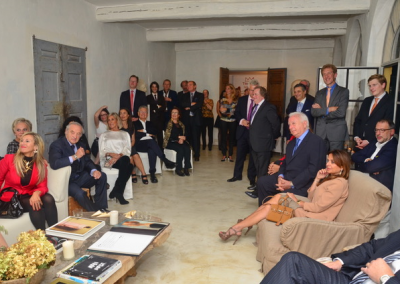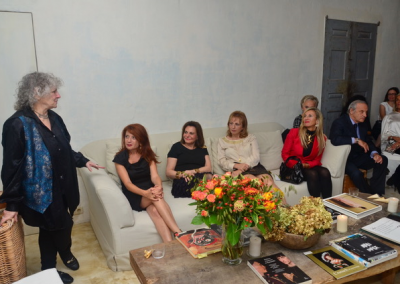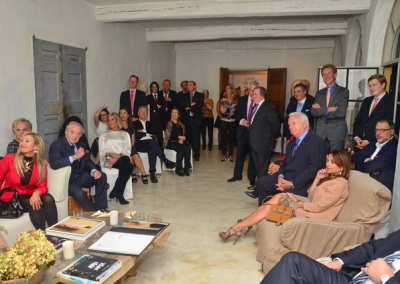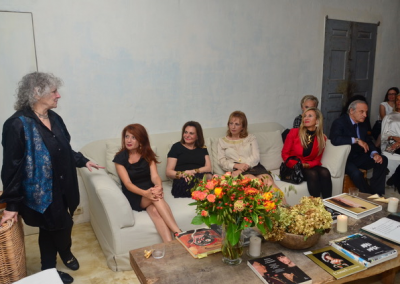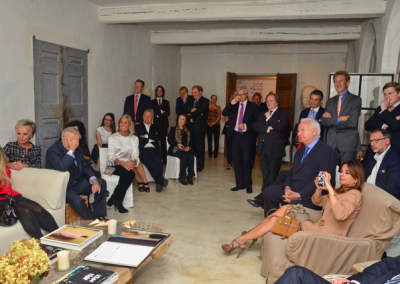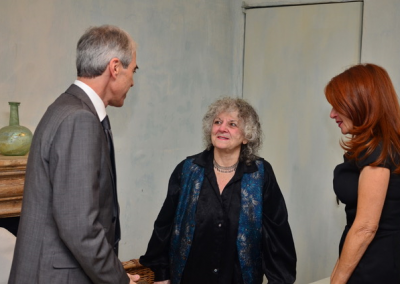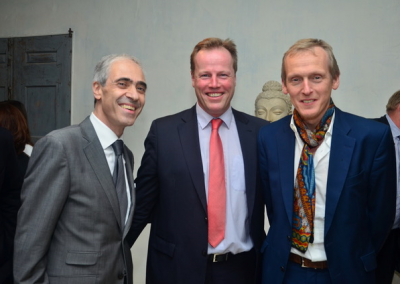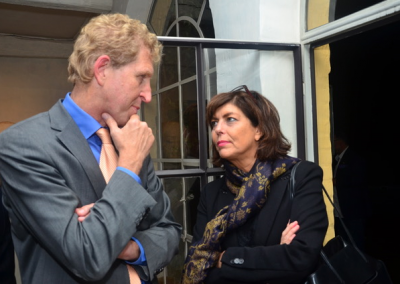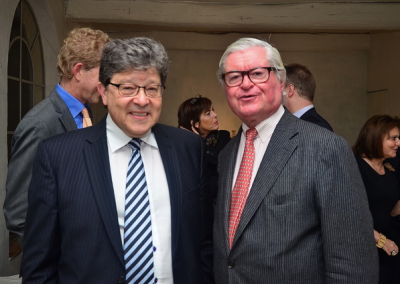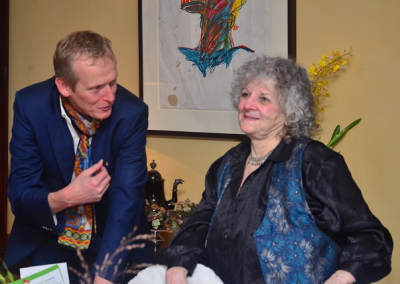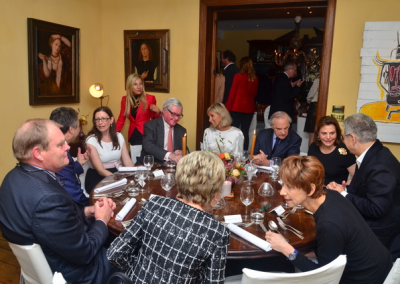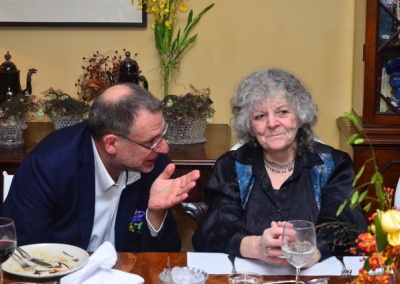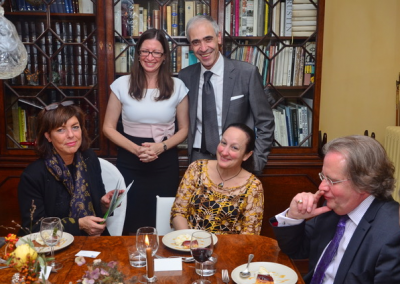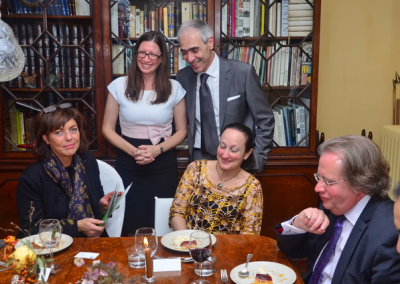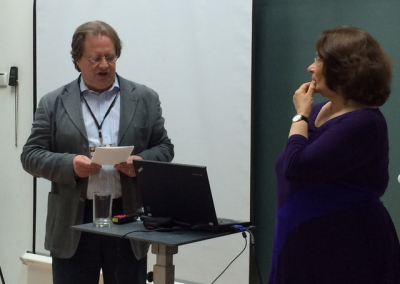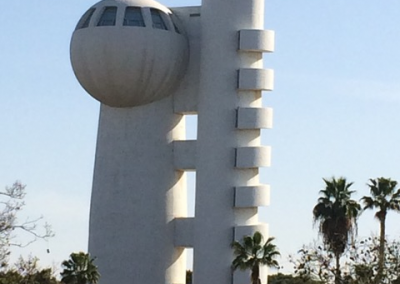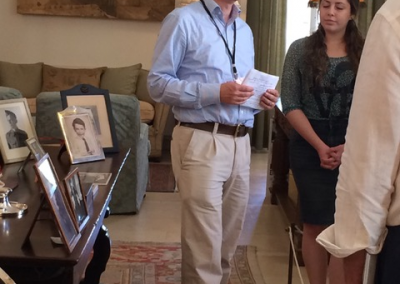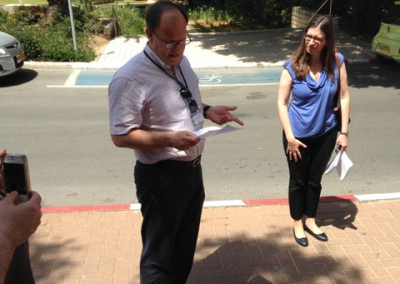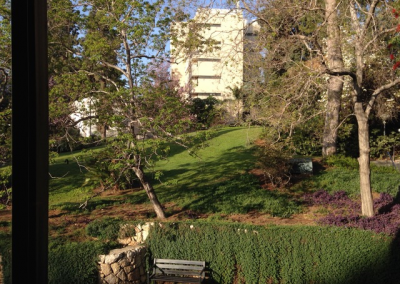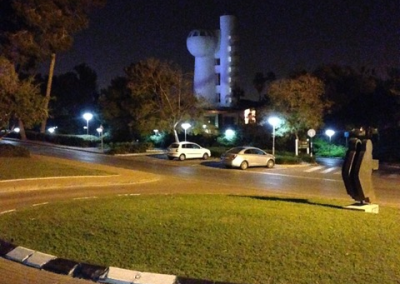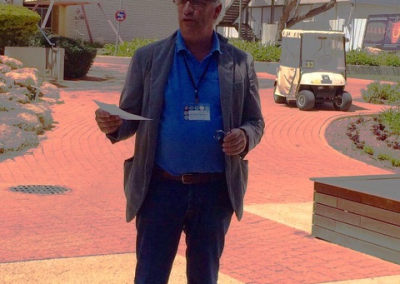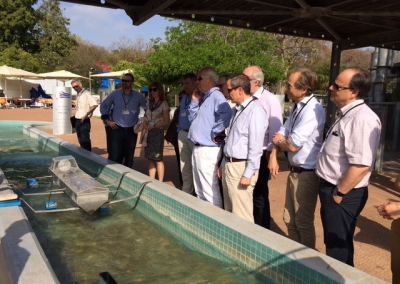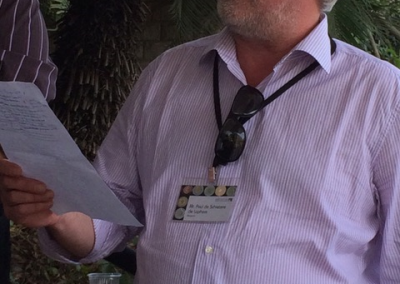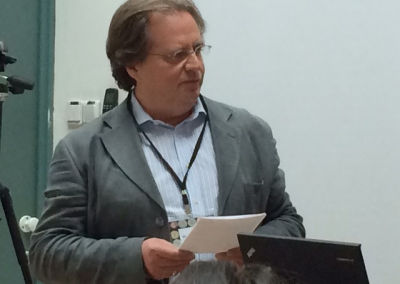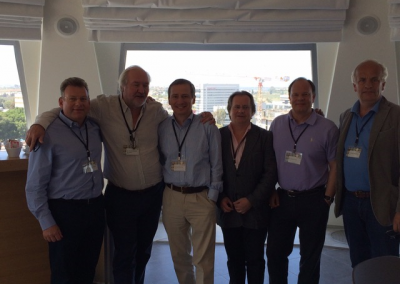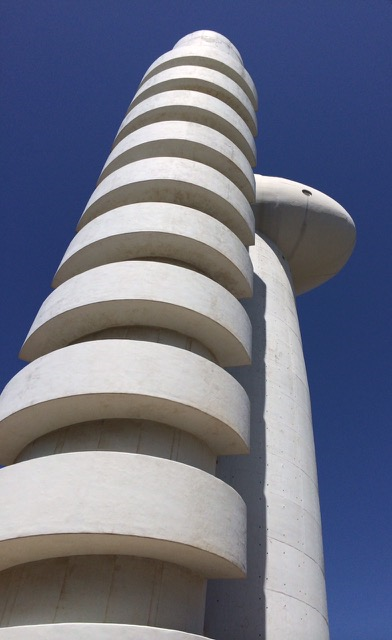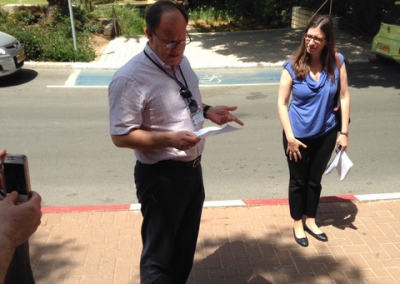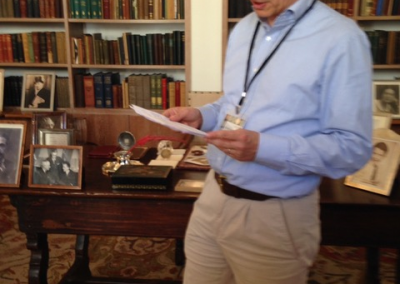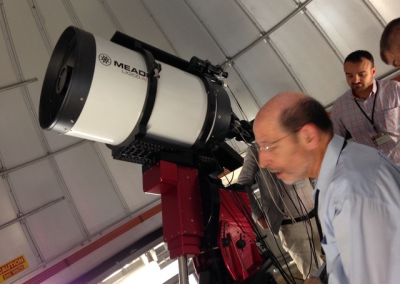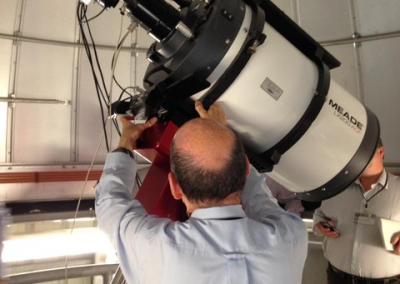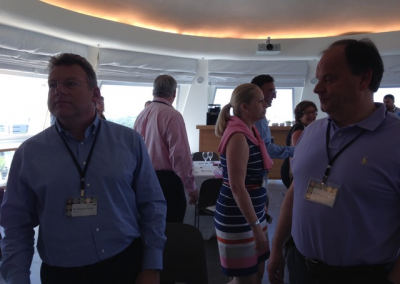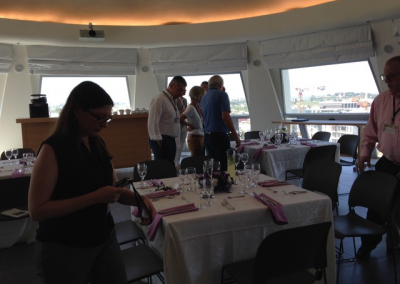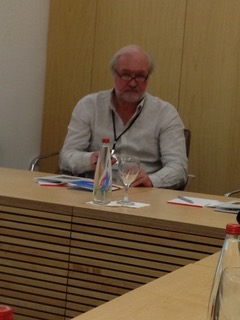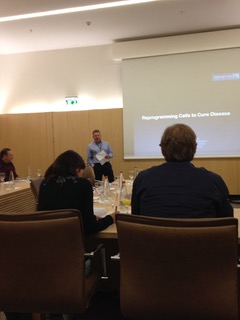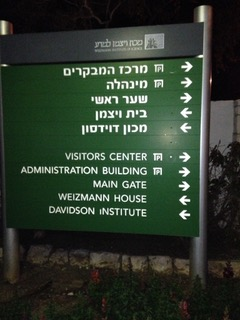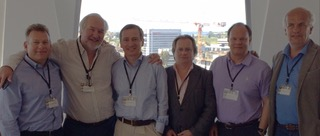Event: ANNUAL GALA DINNER
Date: Wednesday, January 11, 2017, 18:30 – Hotel Baur au Lac, Zurich
About ANNUAL GALA DINNER: 22610_Gala2017_booklet_v10
Event: Conference cercle Gaulois
Date: Tuesday, May 17, 2016
Par le Prof. Daniel Zajfman – Président
L’Institut Weizmann est un centre de recherche mondialement renommé (fondé en 1934) situé à Rehovot, au sud de Tel Aviv en Israël. Il est l’un des principaux centres mondiaux de recherche fondamentale multidisciplinaires fort de plus de 3.000 personnes, scientifiques, chercheurs postdoctoraux et techniciens composant 5 facultés, 17 départements et 50 centres de recherche. L’Institut est spécialisé dans la formation des masters (graduate students), des doctorants (PhD students) et des docteurs (postdoctoral researchers) dans les sciences exactes et naturelles.
Weizmann a formé trois lauréats du prix Nobel en sciences et trois lauréats du prix Turing en informatique. Il est classé comme la meilleure institution de recherche mondiale en dehors des États-Unis d’après le taux de citation des articles scientifiques publiés et le facteur d’impact par le classement de l’université de Leyde des Pays-Bas.Le magazine américain The Scientist l’a d’ailleurs classé comme la meilleure institution où travailler en dehors des États-Unis .
Nous avons la chance et l’honneur d’accueillir son Président ( d’origine belge ) pour un dîner/conférence au profit de la Fondation Weizmann Belgique, au cours de laquelle il nous fera part de l’histoire, du présent et des projets futurs de l’Institut.
Né en Belgique en 1959 ( Bruxelles ) , le Prof. Daniel Zajfman a quitté le pays en 1979 pour s’installer en Israël ou il a eu un BSc en 1983 et un PhD en physique atomique en 1989 ( Technion – Israël Institute of Technology). Après avoir travaillé pendant deux années comme consultant pour Elscint à Haïfa, Daniel a passé deux années au Argonne National Laboratory, a Chicago, comme postdoctorant.
Il revint par la suite en Israël en 1991 pour rejoindre l’équipe du département de Physique des Particules de l’Institut Weizmann. Depuis 2001, il a été membre externe de l’Institut Max Planck de Physique Nucléaire à Heidelberg en Allemagne et en 2005 a été nommé administrateur de cet institut.
En novembre 2006, le Prof Zajfman a été élu 10e président de l’Institut Weizmann des Sciences par le Conseil des Gouverneurs. Il est entré en fonctions le 1er décembre 2006, devenant à 47 ans le plus jeune président de l’Institut.
Les recherches qu’il a menées ont été centrées sur la physique moléculaire et atomique, avec un focus particulier sur la scission des molécules par les interactions des photons ou électrons. Ces recherches sont non seulement essentielles dans le domaine de la dynamique des particules, mais aussi dans la compréhension des plasmas de laboratoires et astrophysique.
Le dîner et la conférence sont organisés au bénéfice de la Fondation Weizmann.be.
Event: Mr. Roby Spiegel & the Belgian Society of Friends of the Weizmann Institute of Science.
In honor of Prof. Ada Yonath
Date: Tuesday, October 14, 2014
Presentation Prof Ada Yonath :
The Nobel Laureate Prof. Ada Yonath of the Weizmann Institute’s Department of Structural Biology holds the Martin S. and Helen Kimmel Chair and directs the Helen and Milton A. Kimmelman Center for Biomolecular Structure at the Weizmann Institute in Israel.
After completing her study in Biochemistry at the Hebrew University in Jerusalem, she received her PhD in X-ray crystallography at the Weizmann Institute in 1968. Afterwards she was a Postdoctoral Fellow at Mellon Institute in Pittsburgh and at the Department of Chemistry, MIT in the U.S.
In 1970, professor Yonath returned to the Weizmann Institute and founded what was, for almost a decade, the only protein crystallography laboratory in Israel. After returning from a sabbatical year at the University of Chicago, she headed a Max-Planck Institute Research Unit in Hamburg, Germany (1986 – 2004) while she was continuing her research activities at the Weizmann Institute.
In 2009 she, along with Dr. Venkatraman Ramakrishnan and Dr. Thomas Steitz, received the 2009 Nobel Prize in Chemistry for their research into the structure and function of ribosomes, the protein factory in the cell. Ribosomes are fundamental to life. Since the 1950’s scientists have understood the function of the ribosome, but until recently nobody knew the exact working mechanism.
She received many prices and honors, including the Wolf Prize in Chemistry, the Albert Einstein World Award in Science and the The UNESCO-L’Oréal Award for European Woman in Life science. Prof. Yonath is widely considered the pioneer of ribosome crystallography. Her work has now become a cornerstone on which other scientists may continue the research she started.
